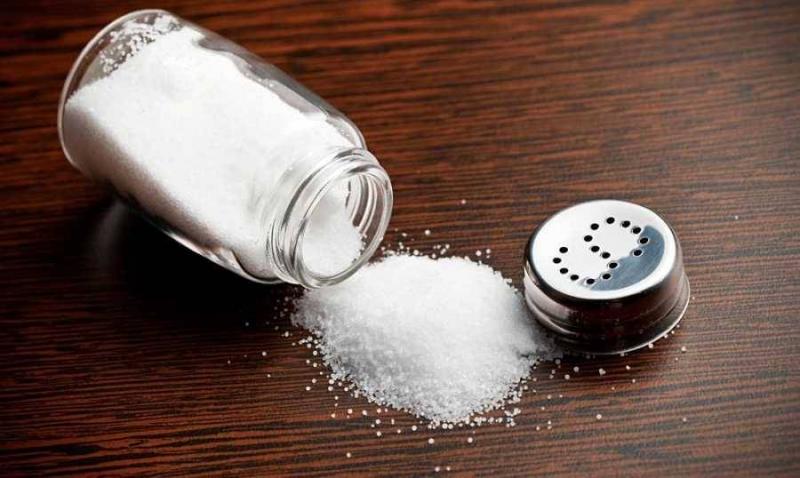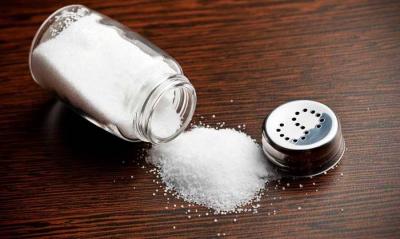A recent study found that replacing salt with potassium chloride lowers blood pressure and, in turn, reduces the risk of heart attacks, strokes, and cardiovascular diseases. Researcher Bruce Neal, executive director of the George Institute for Global Health in Newtown, Australia, indicated that “by substituting regular table salt with potassium chloride, blood pressure will significantly decrease, along with the risks of stroke and heart attack.”
The study, published in the medical journal "Heart," relied on research conducted in rural areas of China, revealing a significant reduction in heart attacks and strokes after using potassium chloride as a salt substitute. However, the research team questioned whether the same results would appear in other countries and populations. Therefore, Neal and his colleagues examined the results of 21 previously published studies involving nearly 30,000 people. These studies were conducted in Europe, the Western Pacific region, the Americas, and Southeast Asia, according to UPI news agency.
The decrease in systolic blood pressure was about 5 millimeters of mercury (mmHg), while the decrease in diastolic blood pressure was approximately 2 mmHg. The researchers found that these reductions in blood pressure were consistent regardless of geography, age, gender, hypertension history, and weight. Additionally, an analysis of five trials involving over 24,000 participants found that salt substitutes reduced the risk of early death by 11%, cardiovascular diseases by 13%, and the risk of heart attacks or strokes by 11%.
However, salt substitutes can be dangerous for individuals with conditions like kidney or liver diseases or diabetes, according to Cleveland Clinic. Using salt substitutes while on certain medications, such as diuretics, can cause potassium levels in the blood to rise significantly.




